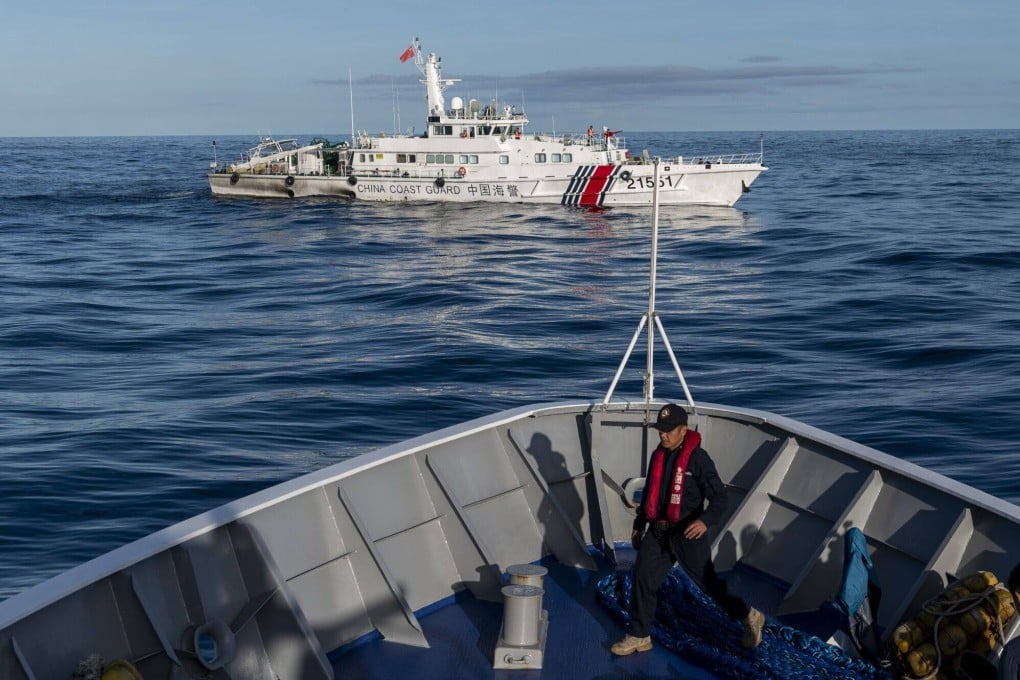Advertisement
In Asean, only Philippines embraces US’ Indo-Pacific strategy that is ‘trigger’ for South China Sea tensions
- The policy has raised ‘activity and presence’ of military exercises from the US, India, Germany and even Russia, in the South and East China seas
- This stirs up a ‘South China Sea conflict vortex’, in which China exhibits assertiveness, buoyed by the US viewing Beijing as its ‘strategic competitor’
Reading Time:5 minutes
Why you can trust SCMP
15

The Philippines is the odd one out in Asean in its total, welcoming embrace of the United States’ Indo-Pacific strategy, while other member states have viewed Washington with caution and concern, according to speakers at a conference in Manila on South China Sea maritime security.
“The Indo-Pacific concept [by the US] is a trigger for South China Sea tensions,” Dr Supartono, director of Hang Tuah University in Surabaya, Indonesia, told the Maritime Security Conference in Metro Manila, held on November 22 by Singapore’s Asia Collective and the Manila-based International Development and Security Cooperation founded by security analyst Chester Cabalza.
The retired rear admiral of Indonesia’s navy said while “the United States is a friend of Indonesia”, its Indo-Pacific policy had brought “increased activity and presence” of military exercises from the US, India, Germany and even Russia, involving port visits and warship transits in the South and East China seas.
According to him, this has stirred up a “South China Sea conflict vortex”, where China has exhibited high confidence or assertiveness, buoyed by Washington’s view that Beijing had become its “strategic competitor” and threatens its dominant position globally and regionally.
Supartono stressed that unlike other claimant states in the South China Sea such as China, the Philippines, Malaysia, Vietnam, Taiwan and Brunei, non-claimant Indonesia was mainly concerned with preventing an open war and maintaining peace. However, Jakarta did not recognise Beijing’s nine-dash line that claims almost all the South China Sea, he warned.

Supartono pointed out that other Asean non-claimant states such as Laos, Cambodia and Myanmar were all “dependent on China and [therefore] have no interest in the issue”.
Advertisement